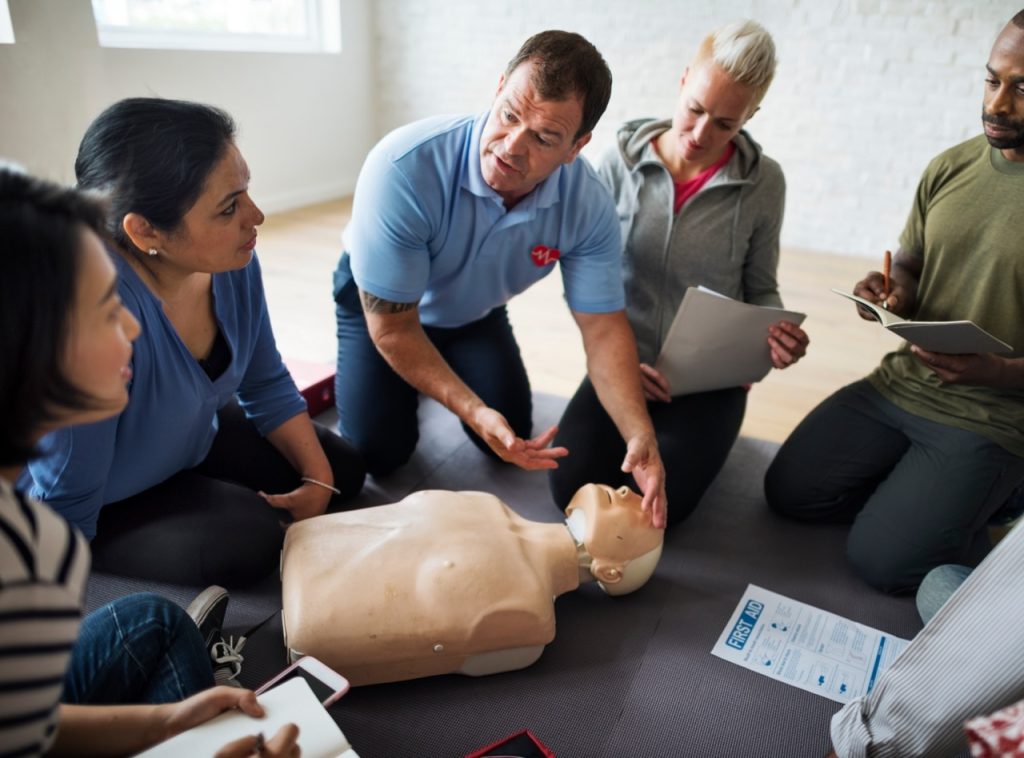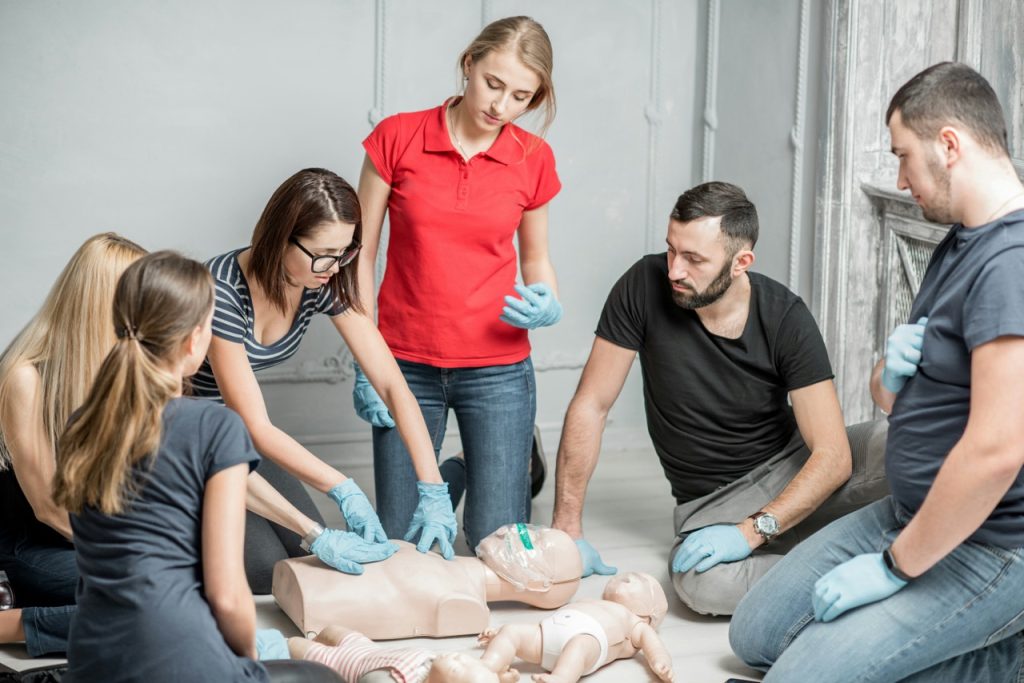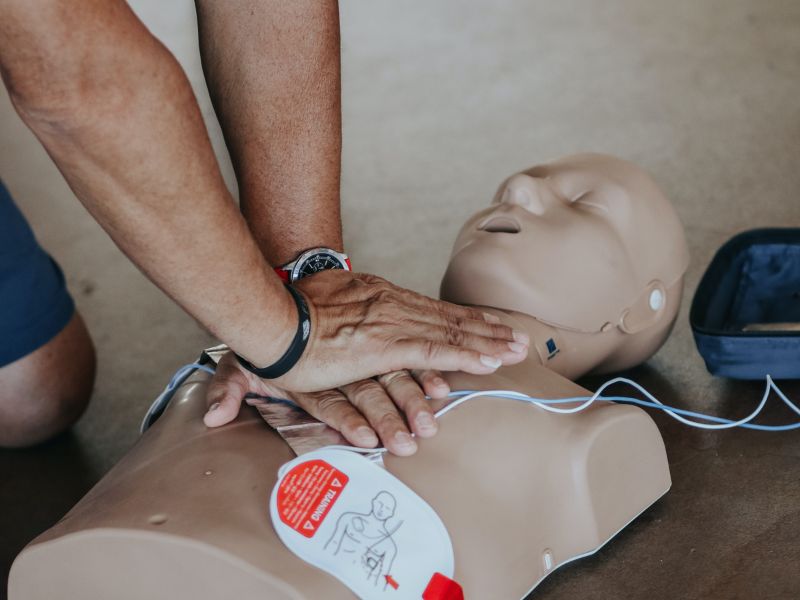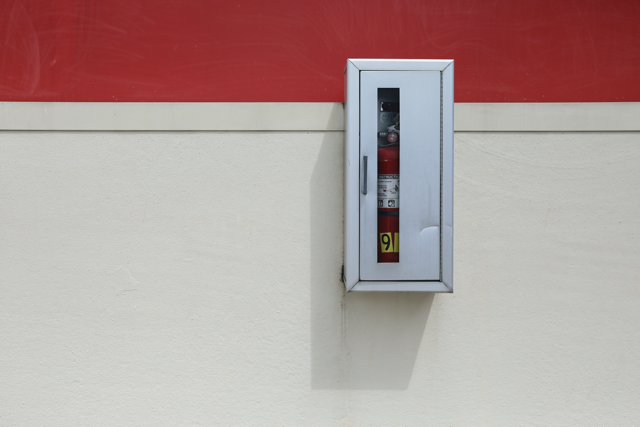HeartCert CPR is pleased to announce that, after serving the public for over 10 years, it has recently entered into an agreement with the American Heart Association (AHA) to become an official AHA Training Center.
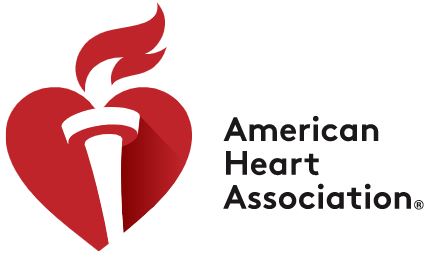
This puts HeartCert in a better position to serve its customers, instructors and the general public. As an official Training Center, HeartCert will be able to operate directly under and with the AHA for more efficient operations, lower costs and greater potential for continued growth.
When designating its Training Centers, the AHA looks at a multitude of factors including the company history, marketing, past and future growth, company stability, operations and more. The fact that HeartCert was selected through such an in-depth process validates our years of hard work to serve you.
Training Centers operate directly with the AHA and are able to teach instructor courses, sell CPR certification cards and provide support to anyone wanting or needing to teach or take a CPR class. We are humbled, honored and excited about this next step for HeartCert, which will help us better serve the entire Twin Cities CPR community – and beyond!
If you are interested in taking a CPR course or becoming an instructor, HeartCert has the tools, processes and instructors to serve you. Contact us today to see how we can help!
HeartCert CPR is your trusted training partner for CPR, ACLS, PALS, EMR and First Aid in the Twin Cities and throughout Minnesota. We now offer online, night and weekend classes to fit your busy schedule!
HeartCert offers a variety of courses, including CPR/AED/First Aid and CPR/AED, Basic Life Support (BLS), Advanced Cardiac Life Support (ACLS), Pediatric Advanced Life Support (PALS), and Emergency Medical Responder – First Responder (EMR). Courses and certifications from both the American Heart Association and American Red Cross are available.
Find your CPR class at any of our convenient Twin Cities locations, including our new headquarters, HeartCert CPR Eagan.

